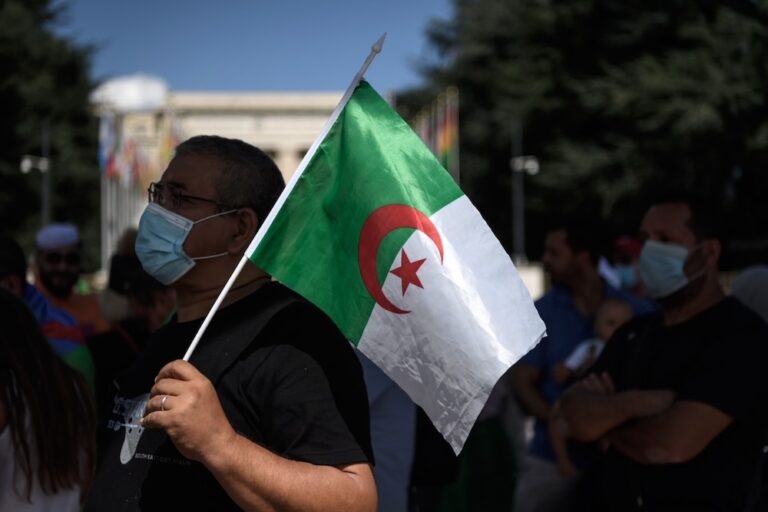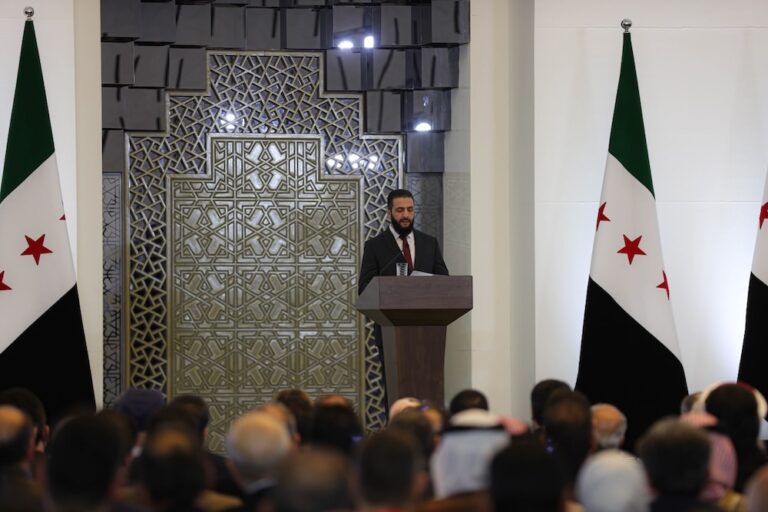In the face of new, sophisticated restrictions, frontline human rights activists are unprepared for the security challenges they face, while donors and international support groups struggle to collaborate effectively and protect and defend human rights, Freedom House concludes in a new report.
In the face of new, sophisticated restrictions, frontline human rights activists are unprepared for the security challenges they face, while donors and international support groups struggle to collaborate effectively and protect and defend human rights, Freedom House concludes in a report issued on 5 March 2014.
Protests in Ukraine and Venezuela show how digital technology has empowered activities to rally citizens and catalyze support for human rights. But the same technology has also opened new doors for surveillance of activists and citizens’ activities online.
To identify these threats and seek ways to protect human rights defenders (HRDs), Freedom House convened over 60 donors, civil society groups and activists in Mexico City in November, 2013. “What Next: The Quest to Protect Journalists and Human Rights Defenders in a Digital World” summarizes the key findings from that gathering and makes recommendations for creating defenses against increasingly sophisticated online and offline threats.
Key recommendations include the following:
- Civil society groups should invest resources into a more holistic approach to security training and assistance that addresses HRDs’ physical, digital, psycho-social, and other vulnerabilities.
- Human rights organizations, technologists and donors should incorporate security protocols into their own practices. For donors, this means forcefully espousing human rights principles as a core of foreign policy and development aid, and making them key talking points when engaging with repressive regimes.
- Donors, technologists and human rights organizations should focus less on funding new digital security tools and more on training HRDs in the use of existing tools, to emphasize changing behaviors that put them at risk and focusing on contingency planning and security protocols.
- Donors should use coordinated engagements with countries in which HRDs and other targeted populations are under attack to stress the state’s responsibility to protect these populations. Foreign assistance to these countries should be conditioned on, and provide support for, their implementation of measures to protect targeted populations.


